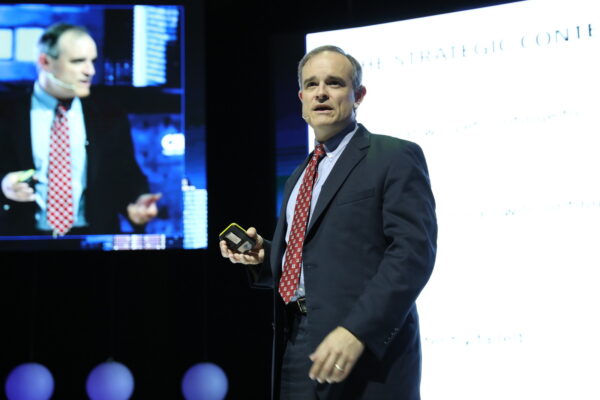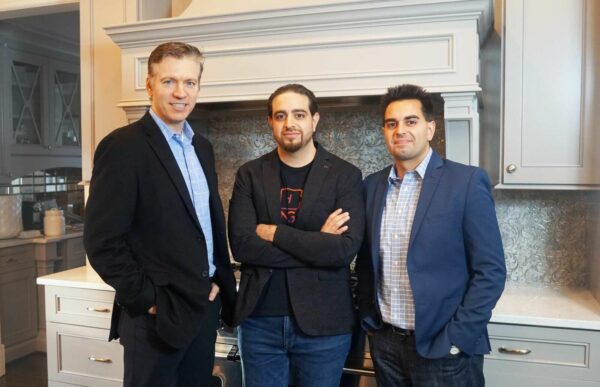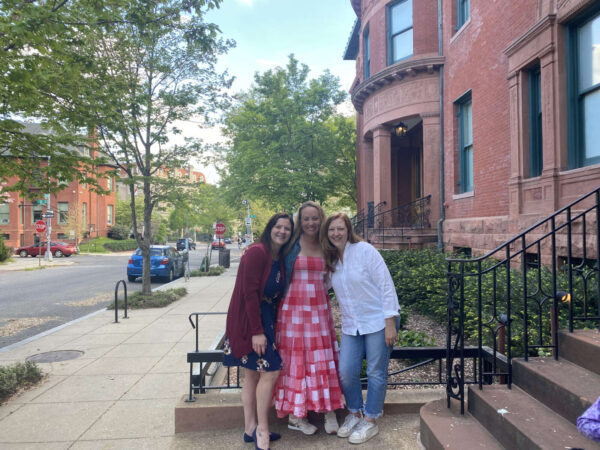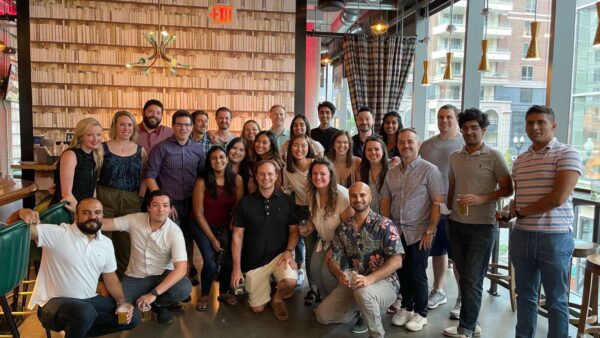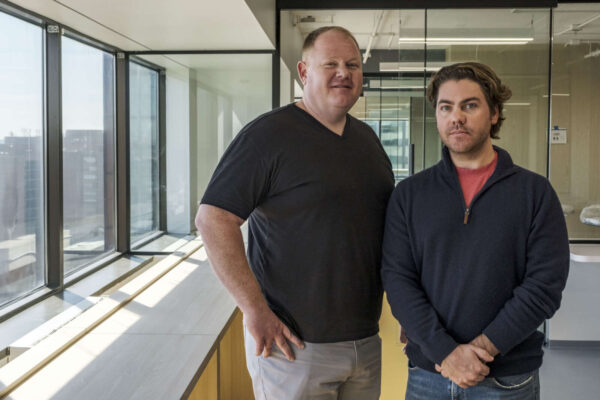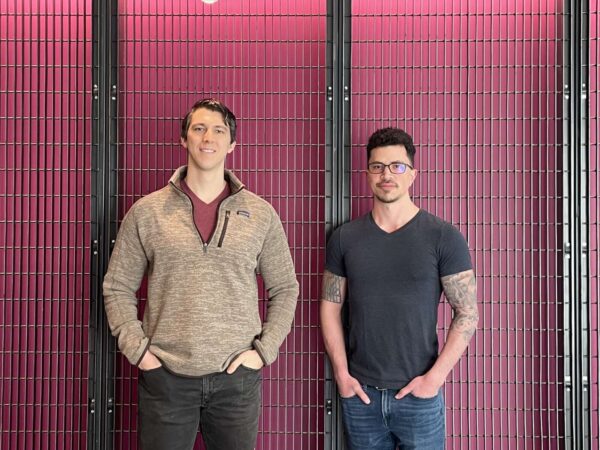Sponsored by Monday Properties and written by ARLnow, Startup Monday is a weekly column that profiles Arlington-based startups, founders, and other local technology news. Monday Properties is proudly featuring 1515 Wilson Blvd in Rosslyn.
Two companies that help grocers and shoppers get the best deal have reached a deal of their own.
Canadian artificial intelligence company Fobi is set to acquire Basket, an Arlington-based startup’s grocery pricing app that lets users compare in-store and online prices for items, according to a press release.
Basket, which was developed by Grocery Shopping Labs, provides its data to product manufacturers and retailers so they can understand shopping trends, such as how often shoppers search for products at different stores and what drives purchasing decisions. Fobi, based in Vancouver, provides insights from retail, sports, entertainment and tourism data to its clients, which include large companies across the globe.
“Basket has always been about taking the blindfold off shoppers to help them save money and time, and simultaneously providing shopper insights to some of the top [consumer packaged goods] CPG brands and retailers,” Grocery Shopping Labs CEO Neil Kataria said in the release. “Now, together with Fobi we can significantly grow our audience, delivering more value for shoppers and more value for the CPG brands we work with.”
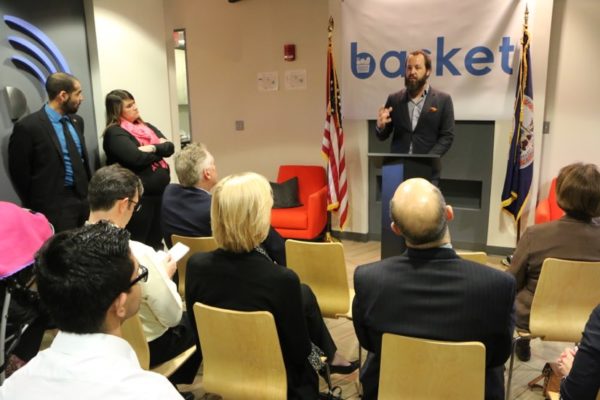
Basket was started in 2014 in D.C. and moved to Clarendon in 2016. The company raised $12 million in capital and has had hundreds of thousands of users.
Basket allows people to scan barcodes for their favorite products to create smart shopping lists that compares prices for products across various local stores, online shops and delivery companies, as well as the cost of the entire list across all of the stores. Basket’s data combined with Qples by Fobi Grocery Coupon Network app will give users a better experience and optimize cost savings for the brands, the release says.
“Shoppers can simply scan the product barcode and see if there are any coupons available for that product from Qples by Fobi, and if there are, they can be applied automatically at checkout,” according to the release.

The idea for Basket came to Kataria when he was a child, clipping coupons with his family and comparing his grocery list across five stores near him, he previously told ARLnow. As an adult, he realized the amount of money he was wasting by not comparing prices and began to aggregate data generated by shoppers.
The app built a community of shoppers who shared prices from grocery stores across the U.S.
“I’m excited by the opportunity we have together with Fobi to transform the grocery business with pricing visibility and shopper data, but I’m also excited about taking this transformation to other industries next,” Kataria said in the release.
The acquisition of Basket is well-timed, as inflation rises and manufacturers and consumers are even more interested in saving money, Fobi CEO Rob Anson said in the release.
“This deal immediately grows our revenue streams and immediately grows our addressable audience and the amount of shopper data that we have access to,” he said. “Our combined AI & Big Data capabilities will now enable a new era of personalized marketing at scale with unprecedented data analytics, and valuable insights as to campaign performance and measurement for the retail ecosystem.”



